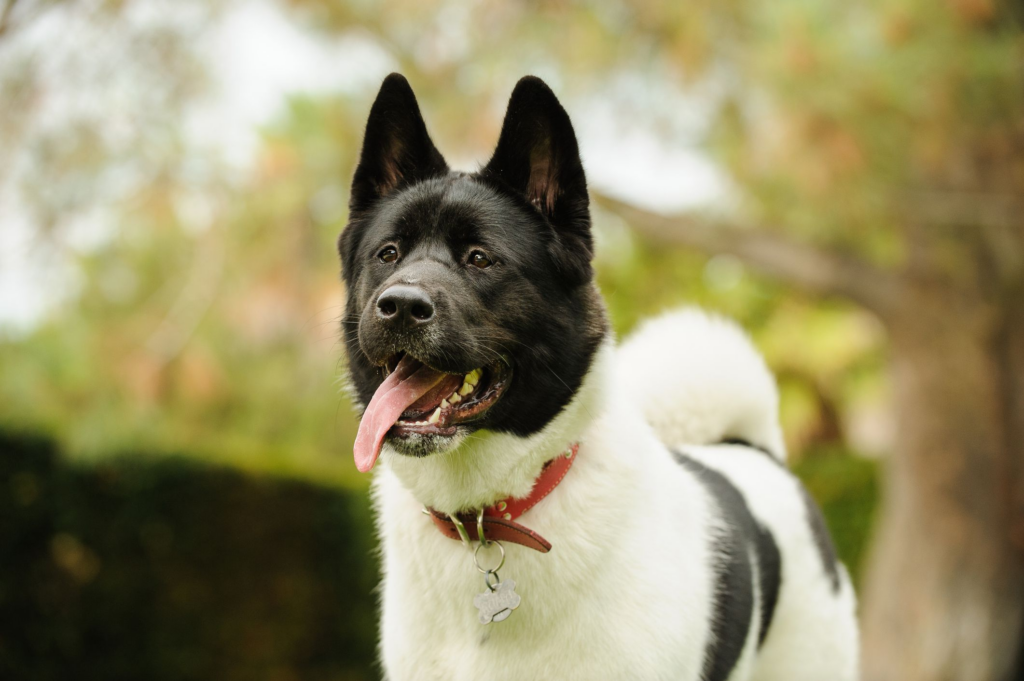Guard dogs are more than just fierce protectors; they are loyal, intelligent, and highly trainable animals that have been safeguarding humans and property for centuries. While most people associate them with security, there are several fascinating facts about guard dogs that you might not know. Let’s dive into some intriguing details about these remarkable animals.
1. Guard Dogs Date Back Thousands of Years

Guard dogs have been used for protection since ancient times. Civilizations such as the Romans, Greeks, and Egyptians relied on dogs to defend their homes, livestock, and even military camps. Breeds like the Mastiff and Molosser were specifically bred for their strength and protective instincts.
2. They Aren’t Always Aggressive

Contrary to popular belief, not all guard dogs are aggressive by nature. Many breeds, such as the German Shepherd or Doberman Pinscher, are naturally protective but require specific training to channel their instincts. Proper socialization ensures they distinguish between genuine threats and harmless situations.
3. Guard Dogs Are Highly Intelligent

Guard dogs rank among the smartest dog breeds. Their intelligence allows them to learn commands quickly and adapt to various situations. Breeds like the Belgian Malinois and Rottweiler excel in tasks that require quick thinking and problem-solving skills.
4. Not All Guard Dogs Are Large

While breeds like the Cane Corso and Bullmastiff are known for their imposing size, smaller breeds like the Miniature Schnauzer can also serve as excellent guard dogs. These smaller breeds are alert, vocal, and fearless in protecting their territory.
5. Guard Dogs Are Different from Attack Dogs

Guard dogs are trained to deter intruders by barking or standing their ground, whereas attack dogs are trained to engage a threat physically. Guard dogs are meant to intimidate and prevent danger, making them a safer choice for home protection.
6. They Have Unique Physical Traits

Many guard dog breeds possess physical traits that make them ideal for their role. For example, the thick neck and muscular build of the Rottweiler give it strength, while the sharp hearing of the German Shepherd allows it to detect threats from a distance.
7. Some Breeds Are Naturally Nocturnal
Guard dogs like the Tibetan Mastiff have evolved to be more active at night, making them excellent nighttime protectors. Their heightened senses and natural alertness ensure they don’t miss any unusual activity after dark.
8. Guard Dogs Bond Strongly with Their Owners
A strong bond with their owners is essential for a guard dog to perform effectively. This connection builds trust and loyalty, ensuring the dog will go to great lengths to protect its family.
9. Training Is Key
A well-trained guard dog is both a protector and a companion. Without proper training, a guard dog may become overly aggressive or difficult to manage. Professional training ensures they understand commands, recognize threats, and remain calm in non-threatening situations.
10. Guard Dogs Can Be Family-Friendly
Many guard dog breeds, like the Boxer and Giant Schnauzer, are known for their protective nature and gentle demeanor with children. With proper socialization, they can balance their role as guardians with being loving family members.
Conclusion
Guard dogs are remarkable animals that combine intelligence, loyalty, and instinct to provide unparalleled protection. Whether you’re considering a guard dog for your home or simply intrigued by their capabilities, understanding these facts highlights why they’re truly extraordinary companions.
If you’re interested in adding a guard dog to your family, remember to research breeds carefully, invest in professional training, and ensure they receive proper care and attention. A well-trained guard dog will not only keep you safe but also become a cherished member of your household.
For more insights into pet care and animal training, explore our other articles!









